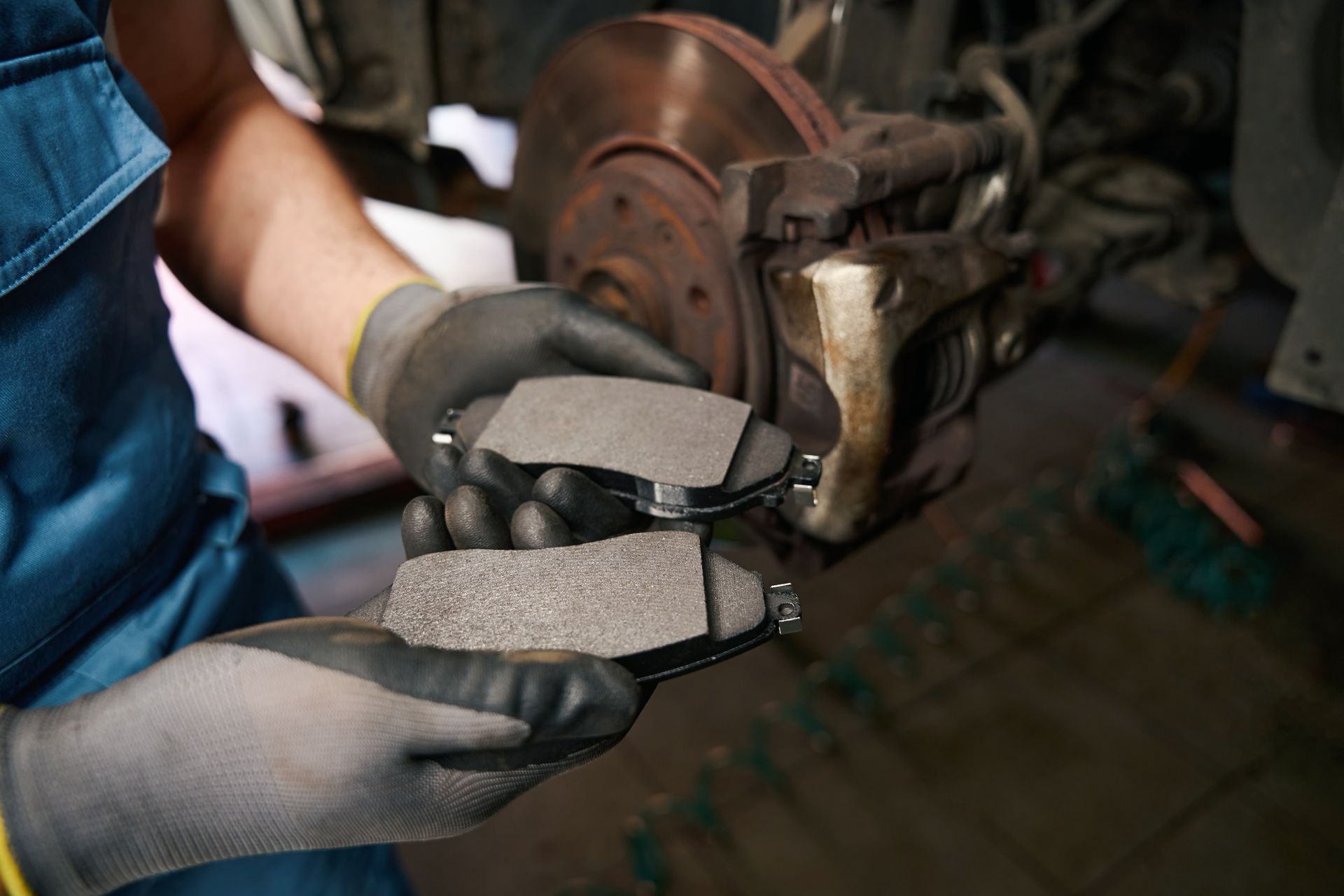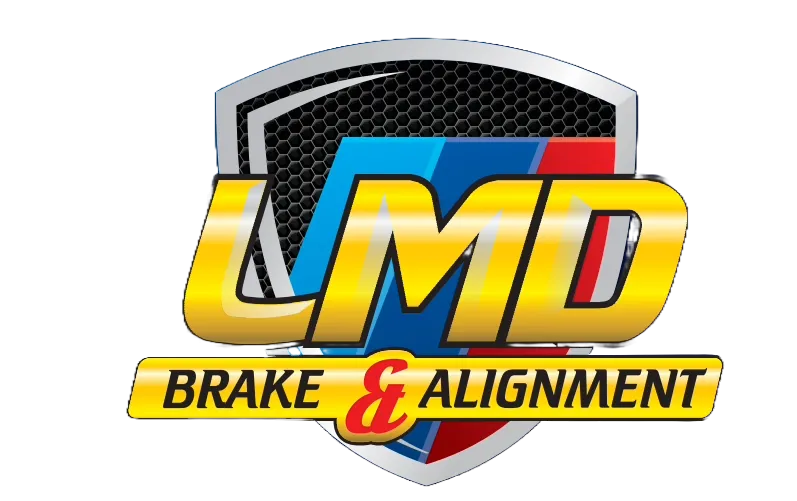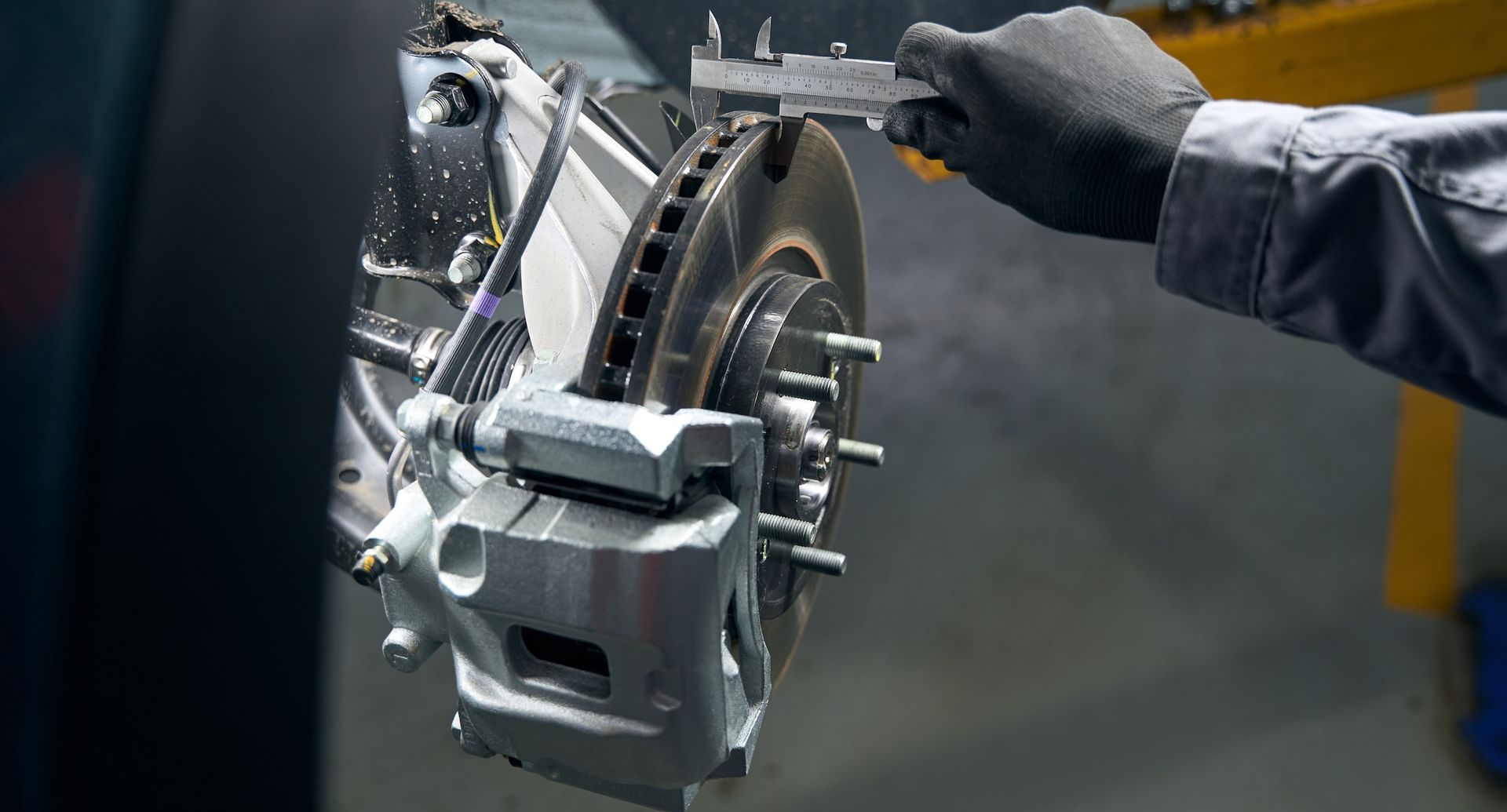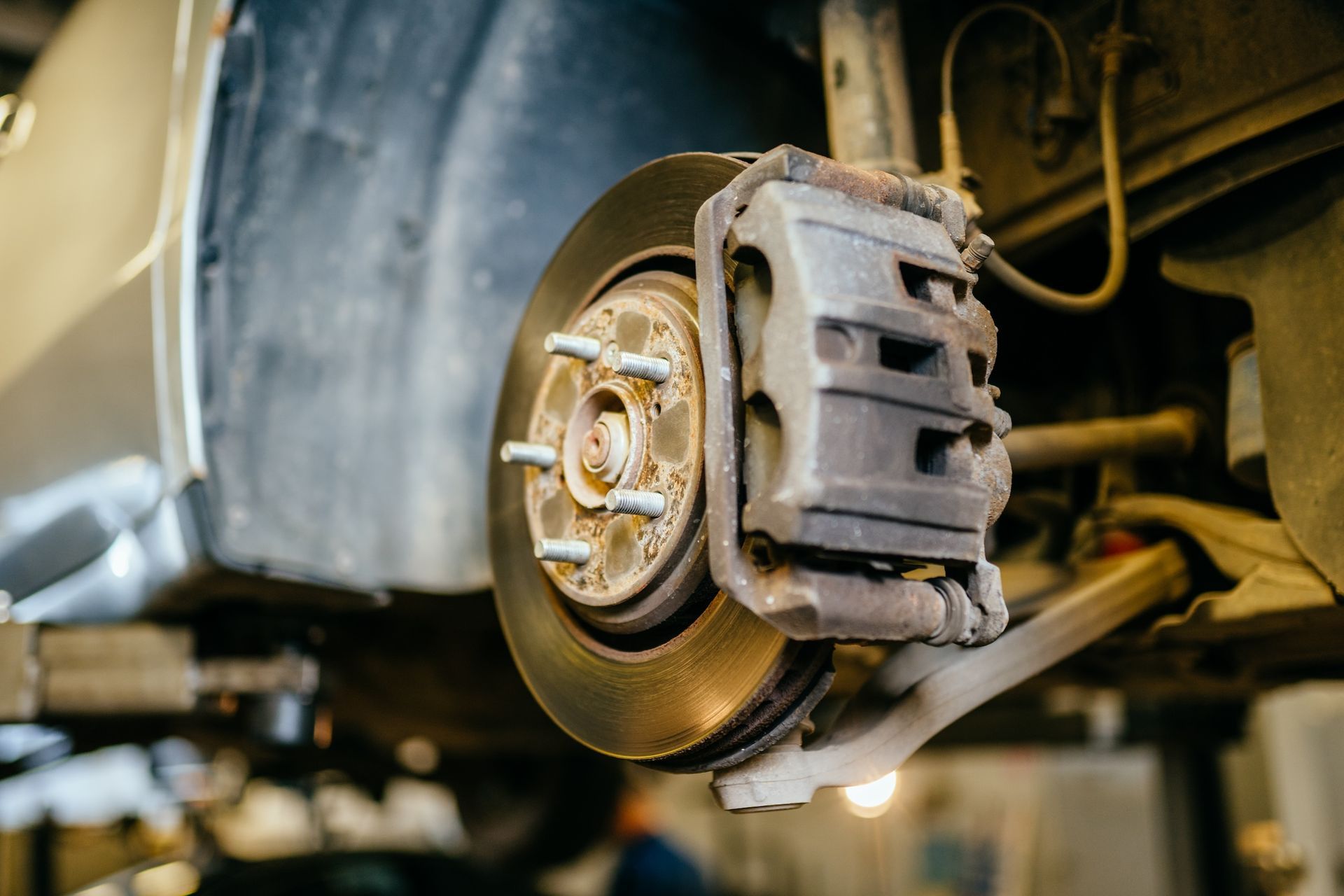How to Maintain Your Brakes During Oregon’s Rainy Season
Oregon’s rainy season brings beautiful landscapes but also hazardous driving conditions. Wet roads can reduce braking efficiency, while moisture can accelerate wear and rust on brake components. Proper brake maintenance during the rainy months is essential for staying safe and prolonging the life of your braking system.
How Rain Affects Brake Systems
- Moisture and Rust
Rainwater and road spray can cause rust to develop on brake rotors, calipers, and pads. Over time, this rust can lead to pitting and reduce braking performance. Prolonged exposure can also corrode brake lines, creating potential safety hazards. - Reduced Brake Efficiency
When brakes get wet, they may not grip the rotors as effectively, leading to longer stopping distances. This is particularly dangerous in emergency situations or on slippery roads.
Essential Brake Maintenance Tips
- Schedule Regular Inspections
Routine brake inspections allow technicians to spot early signs of rust or uneven wear. At LMD Brake & Alignment Center, we recommend brake checks before the start of the rainy season to ensure your system is in peak condition. - Keep Brake Components Clean
Wash your vehicle regularly, including the undercarriage, to remove debris, dirt, and road salt that can contribute to rust. Pay special attention to cleaning after driving through muddy or salted roads. - Dry Your Brakes After Wet Conditions
After driving through deep water or heavy rain, gently apply the brakes a few times while driving to help dry the rotors and pads. This reduces the risk of moisture settling on the components and causing corrosion. - Listen for Unusual Noises
Squeaking, grinding, or vibrations during braking may indicate rust buildup or uneven wear. Addressing these issues promptly prevents further damage and keeps your brakes working effectively.
Signs of Rain-Related Brake Issues
- Squealing or Grinding Noises – Moisture can lead to rust buildup, causing noise during braking.
- Vibrations When Braking – Warped rotors from uneven moisture exposure can lead to brake pulsations.
- Longer Stopping Distances – Wet brake pads may not grip as efficiently, resulting in slower response times.
Why Choose LMD Brake & Alignment Center?
At LMD Brake & Alignment Center, we specialize in brake maintenance tailored to Oregon’s unique weather conditions. Our team conducts thorough inspections and provides expert services to ensure your brakes remain reliable all season long. We prioritize safety and customer satisfaction, offering comprehensive brake services to keep you on the road with confidence.
Share This Article








